There were some things I didn’t like about living in South Korea during my time in the country. I spent a year here, teaching English at a hagwon in Suwon, an hour south of Seoul.
South Korea definitely has a lot of positives. The country is rich in culture, natural beauty, history, and gastronomy.
As a travel destination, Korea is one of the most underrated places in Asia (and arguably, the world). Korea is also a popular TEFL destination.
Thousands of international people travel to South Korea every year to teach English here. And, despite some of the cultural differences, they rave about the “once in a lifetime” travel opportunity they had.
But while living in Korea can be a wonderful experience, there are pros and cons to every country. This article is not to deter you from moving or travelling to South Korea and having your own experiences there.
It just provides some food for thought so that you know some of the things that you are going into. And you have a well-rounded view of life in Seoul and beyond.
The Things I Don’t Like About South Korea
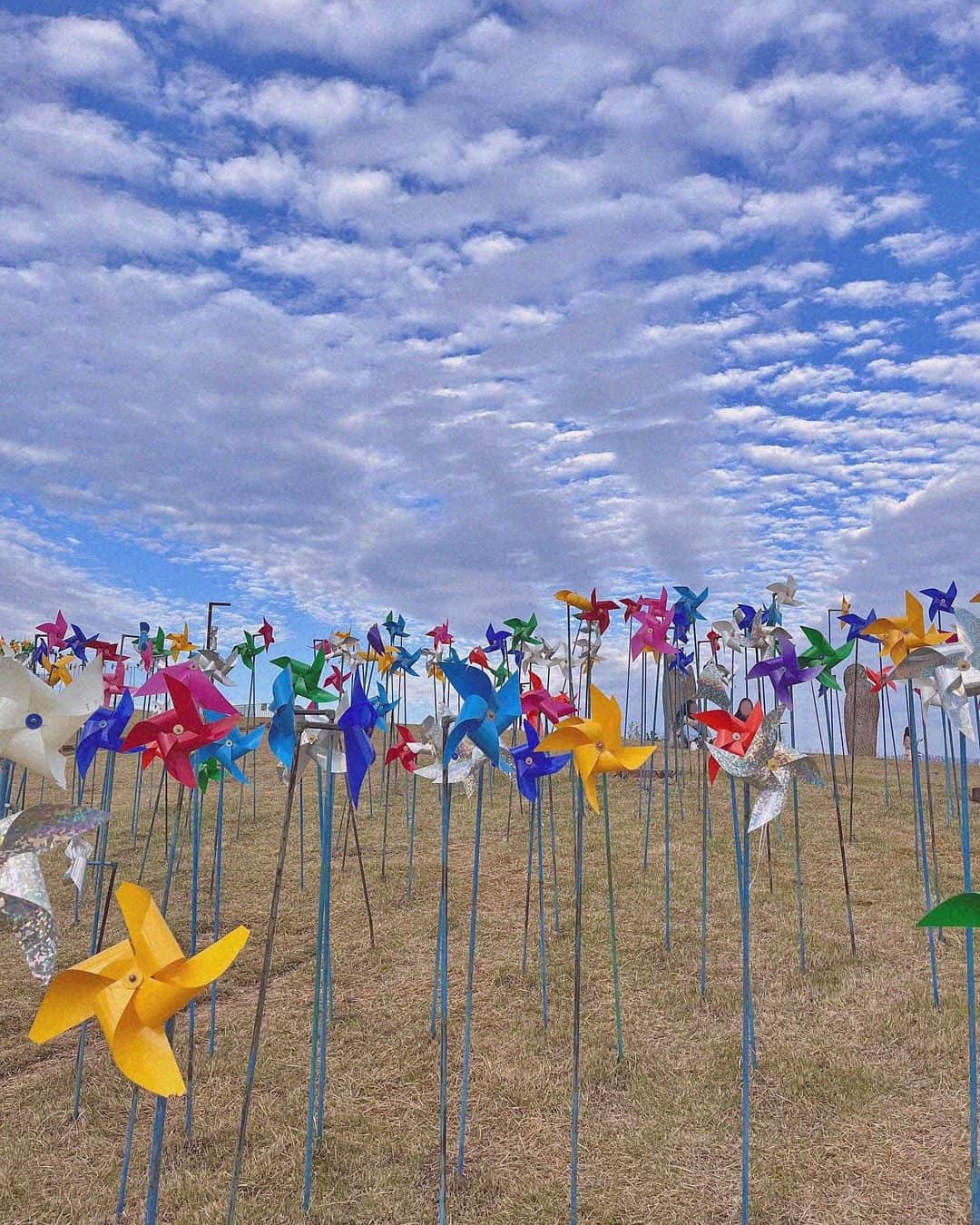
Visiting South Korea as a tourist is a completely different experience from living in the country. You could liken it to dating someone in the early stages when you are both on your best behavior vs being in a long-term relationship.
As you spend more time with the person, you start to see all the problems unfold that they did so well to hide from you in the beginning.
There is a lot of air pollution
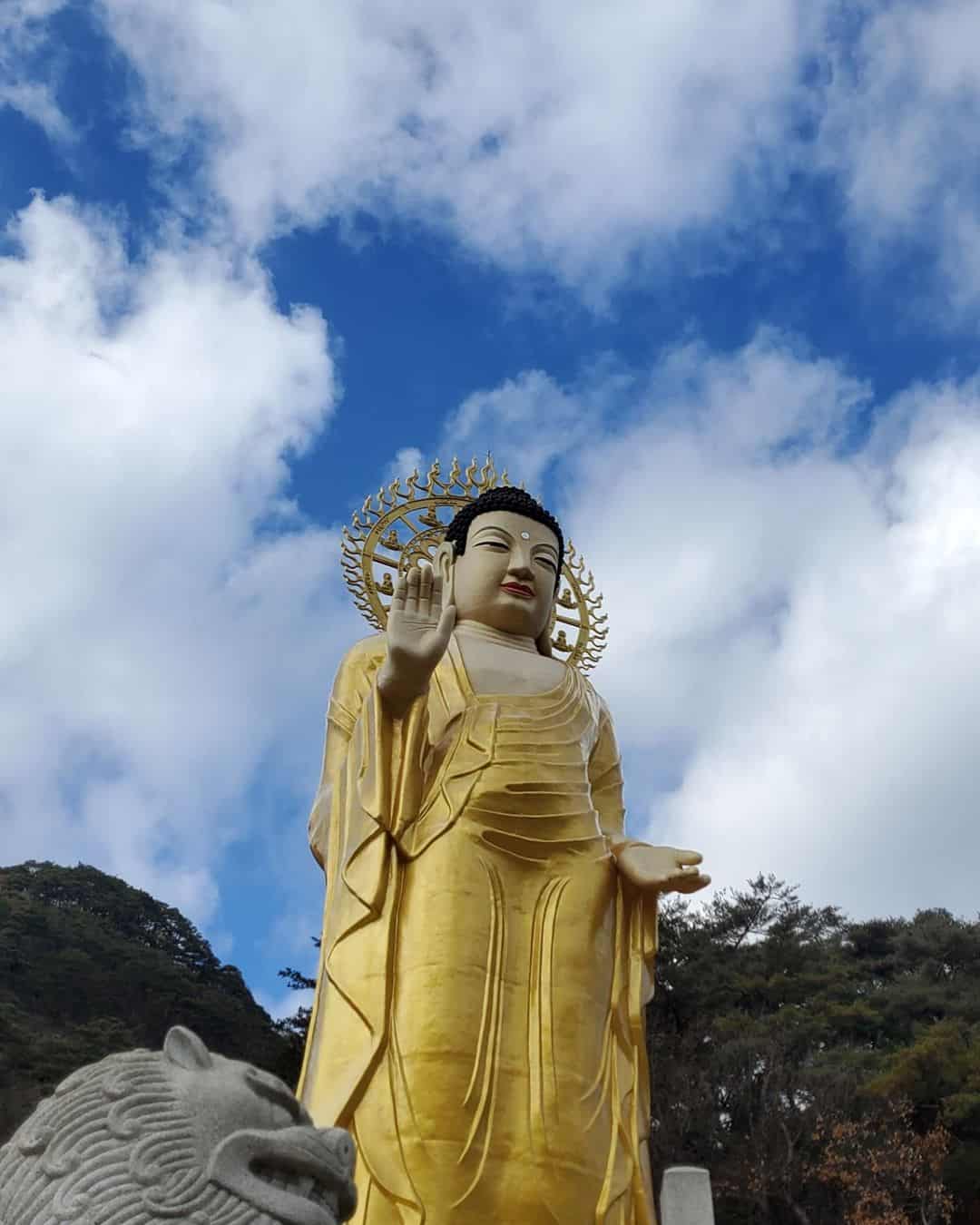
There is a lot of air pollution in South Korea and it gets particularly bad at certain points of the year. For instance, during “yellow dust” season, when ultra-fine dust blows over from central China, creating a public health concern.
When yellow dust reaches a certain level, people are even advised to minimise their outdoor activity and not to leave the house unless necessary! This phenomenon is known locally as “ “Hwang Sa”.
As South Korea’s industry has grown and thrived over the past few decades, so too has pollution. Some days, you can wake up and see a thick layer of smog over Seoul.
You can be in a central Seoul hotel and unable to see Mount Namsan in the distance through the fog. Even if you are not usually sensitive to pollution, some people do get sick from it.
A lot of Koreans and long-term expats in Korea will have apps on their phones that track the current levels of pollution. Some people find themselves with headaches, dizziness, and constantly sneezing/needing to blow their noses.
This is one reason that you will often see Koreans wearing face coverings out and about – to minimise their inhalation of pollution and fine particles. This isn’t just an internal health issue.
Pollution is bad for your skin. It can cause breakouts, premature aging, and all manner of other issues.
Perception of western women
There is a general assumption in South Korea that western women are far “easier” than their Asian counterparts. It’s not every Korean male that thinks in this way, but enough that it makes you consistently wary of people’s intentions.
This seems to be a result of what has been seen in western media and adult content. (But if you cannot detract adult content storylines from reality, you arguably have some issues.)
White women are something of a fetish in Korea. There is even a term called “riding the white horse”.
Korean men use this to (not so) secretly discuss their fantasies about sleeping with western women. It’s completely disgusting, and a really narrow mindset to judge an entire race of women simply by what has been viewed in American movies, but it happens.
During my time in Korea, I had random men approach me in the street with the most repulsive of comments. Many female western expats complain about Korean men inviting them to a “love motel” with them moments after meeting them for the first time.
Alternatively, many discover that their seemingly perfect Korean boyfriend has been seeing them on the side while discreetly maintaining their relationships with a Korean woman. After all, they would never take a western woman seriously.
Over the years, Korea, (and particularly Seoul) has become a hotbed (pardon the pun) of activity for Russian escorts. They move to Asia to make their money capitalising on this “white horse” fetish.
As a result, many Korean men, particularly of the older generation, seem to assume that every young western woman they encounter is working in this industry.
“Are you Russian?” This is a question that I heard an infuriating amount of times.
Recycling can be a challenge!
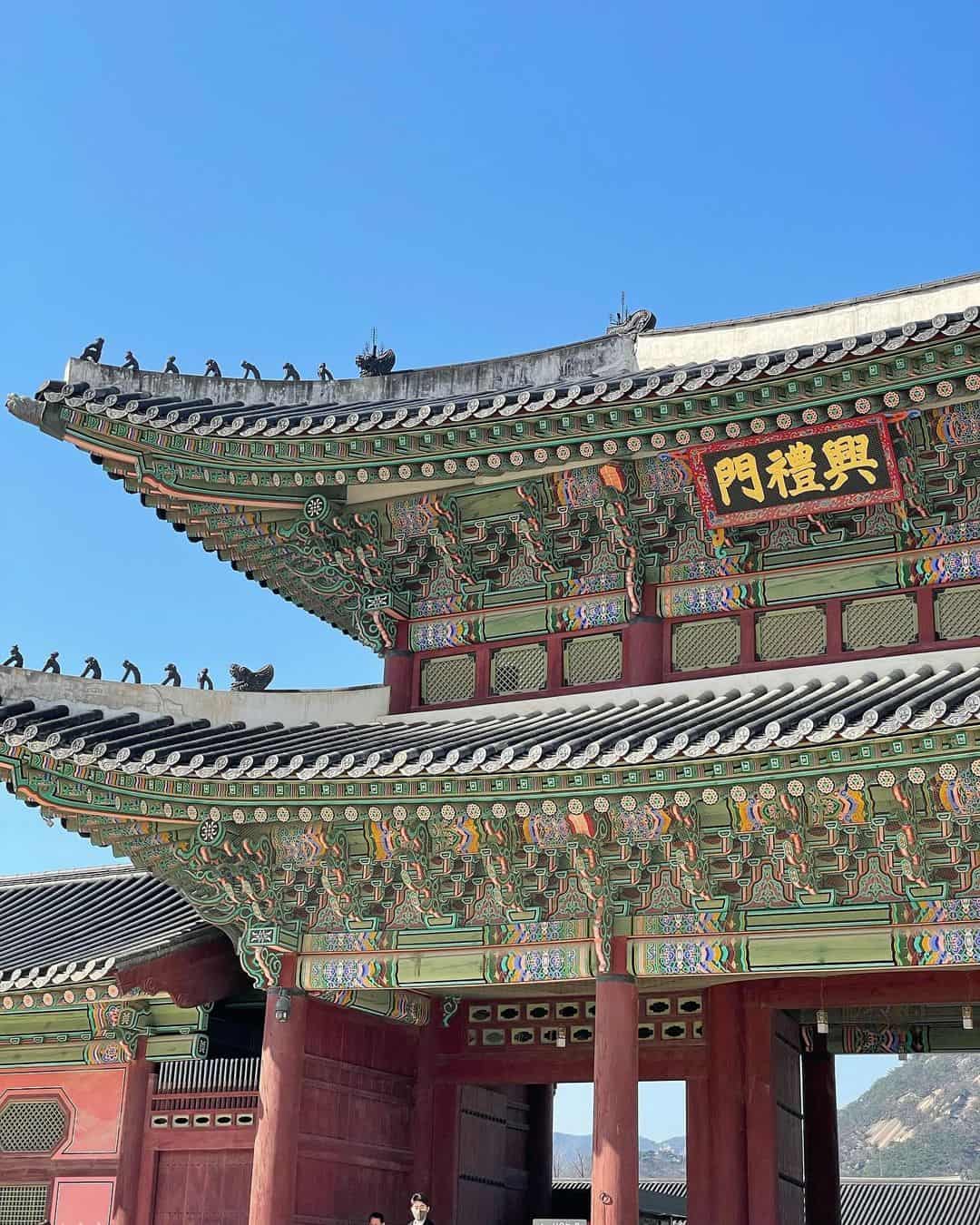
Recycling can be challenging in South Korea. However, it would be unfair to say that this is completely negative.
Korean cities are very clean and people clearly care about the environment. Locals go to immense levels of care to make sure that they recycle things correctly and minimise waste.
There is no trash on the streets here (despite the fact that, for whatever reason, there are also very few trash cans around!). If Koreans go out and have something that they need to dispose of yet they cannot find a bin, they will carry it around with them the entire day.
If everyone cared for recycling the same way that South Koreans would, perhaps our planet would become a little bit healthier. But as an outsider, recycling in Korea can be overwhelming.
You will find a lot of recycling bins set outside apartment buildings, housing complexes, parks, etc. The bins are not simply separated into plastics, cardboard, and general waste.
There are dozens of different categories of bins for different colours of plastic. You also need to dispose of your recycling in a specific bag that you can get from your local stores.
The main thing though, is that ajummas and ajoshis (older Koreans) will get very angry at people that do not recycle correctly. They will have no second thoughts about approaching you and yelling at you about the correct way to recycle.
It can be intimidating as everything is in Korean. So if you are in South Korea and you see a foreigner doing their recycling in the dead of night, that’s why – to avoid the wrath of the ajummas.
Racism and xenophobia
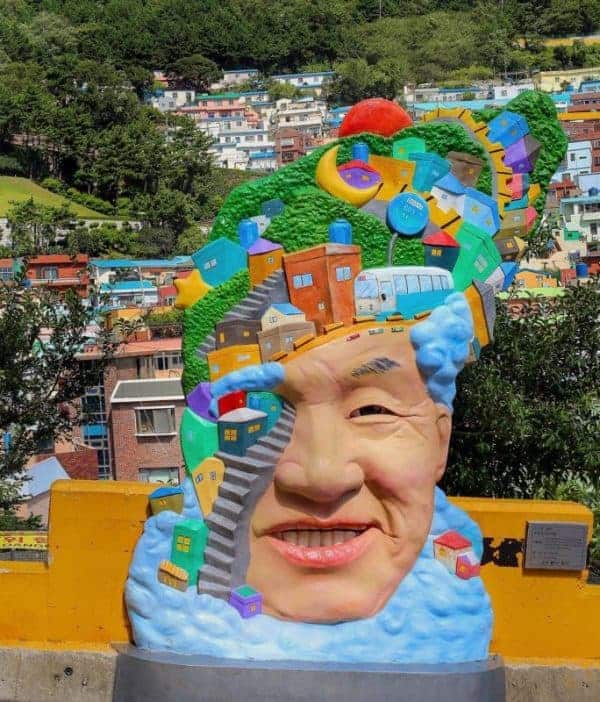
Racism exists all over the World. It is not a uniquely Korean issue.
That said, nowhere else in the World were people taught that they were “The Master Race” as recently as fifteen years ago. There is even a specific term for it: “tanil minjok” (단일 민족)).
Koreans pride themselves on being able to trace back their family bloodline hundreds of years through their ancestors. As a country with less than a 1% foreign population, many people are repulsed by the prospect of foreigners marrying Koreans and “dirtying” up that ethnic purity.
As a white woman, I accept that I have been generally lucky in my life in regard to my exposure to racism. I have never known the struggles that people of colour have faced.
However, Korea provides a taster of that. Living here should encourage white people to be more empathic and aware of their racial priveleges when they return home to their own countries.
So many times I would ride the Seoul subway, and people would leave a semi-circle of empty chairs around me. They would opt to stand rather than sit by me.
Koreans would occasionally get on the train and laugh at me, pushing each other towards me whilst giggling. People have recalled stories about walking with Korean friends before whilst other Koreans have yelled about them being with “a stupid American”.
(Obviously all white people come from America!). Ajummas have shook their heads disapprovingly.
Racial segregation in Korea
“Foreigner only” and “Korean only” segregated sections are commonplace at events and public places. Equally, there are numerous bars and establishments in Seoul which allow “Koreans only”.
Experiencing racism in Korea wasn’t something that happened constantly throughout each day. But it was something that took place often enough that it put a dampener on the experience and became annoying.
The pressure cooker education system
From the moment a Korean child is old enough to hold a pen in their hand, they are thrown head-first into the melting pot that is the Korean education system. Study hours in Korea are some of the longest in the world.
The majority of children goto “hagwons” (private academies) for additional study after the traditional school day is out. Recently introduced sanctions mean that these establishments must close their doors by 10 pm.
Previously, children would be studying at hagwons until the early hours of the following morning. Parents, however, still find a way around this “inconvenience” by renting out private study rooms for their children to go to once the hagwon hours are up.
Weekends and school vacations are only filled with further study and additional homework. Korea has accomplished the seemingly impossible since the Korean War.
They have turned their country around from being an impoverished nation to being one of the leading global economies. Locals thank their extremely hard-working nature for this.
Korean students perpetually reach the top percentile in global PETA assessments but at what cost? Korea has the highest suicide rates in the world.
As a former ESL teacher at Suwon Lykeion Language Forum in Korea, I would see sleep-deprived children falling asleep at their desks every day. Korean teachers would scream at them to stay awake, or I would be told to continue on to the moans of “Teacher, hungry!” from my students.
Succeeding is important, but so too should be having a childhood. Once studies are completed, and individuals have successfully graduated, they still are not free from these pressures. They follow them into the workplace.
Korean workplace culture
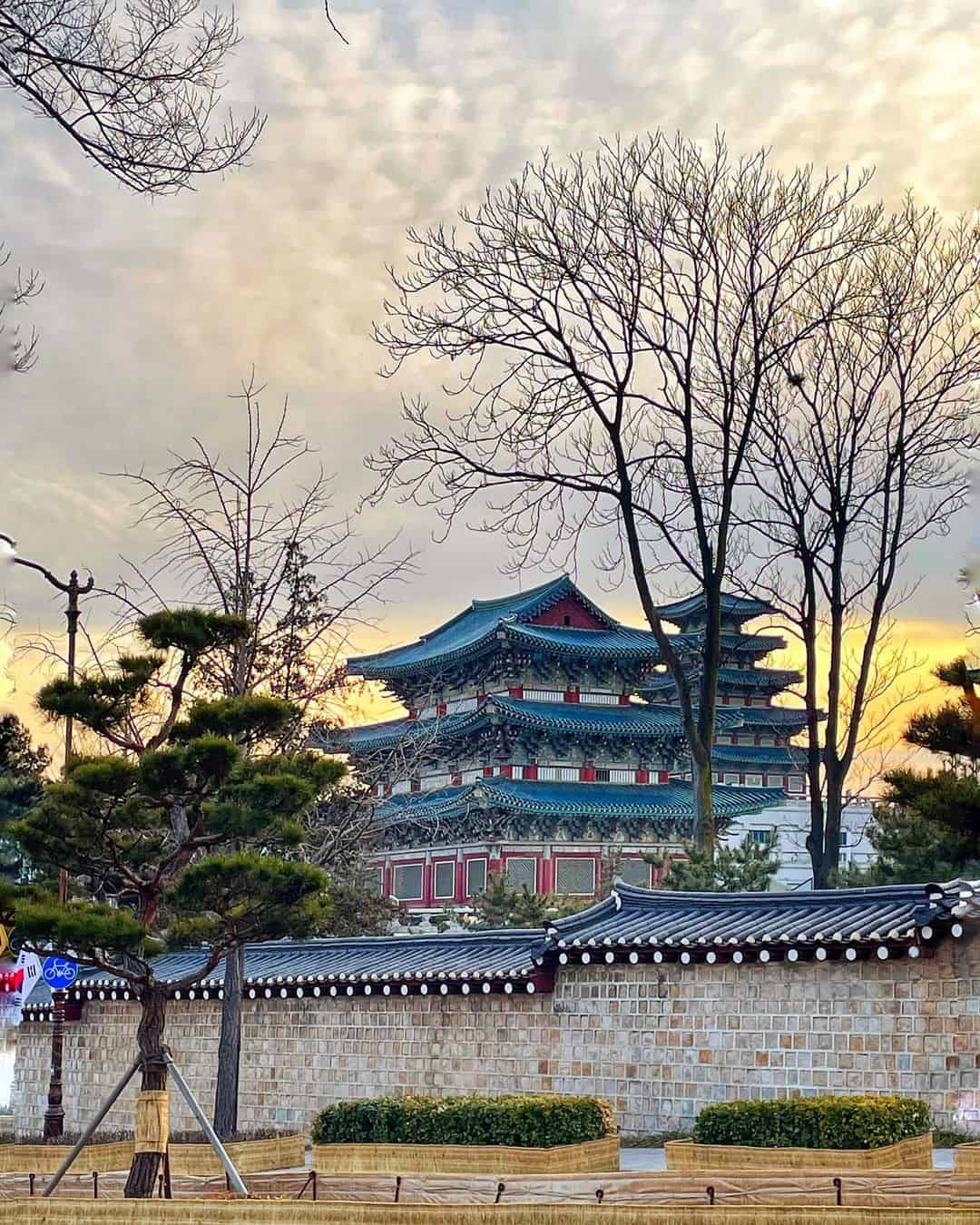
In Korea, youth unemployment is at an all-time high. Though most Koreans are highly educated, population rates and high proportions of qualified candidates all competing for the same positions see many struggling to secure a position.
The Korean working environment sees employees required to arrive constantly early, and not leave before their boss leaves out of respect. Korea has the longest hours and among the lowest productivity rates in the world.
However, the culture is all about keeping up appearances and seeming to “look” busy. Corporate structures are also extremely hierarchical.
There is a Korean workplace culture known as hoesik 회식. This sees
“Aegyo” Culture
Aegyo culture is a big part of social interactions between men and women in Korea. Essentially “aegyo” is the act of cutesiness from a woman towards a man in order to get what she wants.
This is often done by speaking in a baby voice, making cutesy child-like gestures,or throwing tantrums to get attention. Seriously.
A common sight in Seoul is a Korean couple shopping together and the poor sap that is the boyfriend walking along loaded up with approximately 19,347 shopping bags. As if that’s not enough, if the lady wants to stop and look at a handbag in a shop and he says that they don’t have time, you can expect lots of foot-stomping, pouting, and dramatic huffing with arms folded.
You know, just like a toddler acts when they don’t get their own way.
Toxic ESL environment
A lot of people move to South Korea to teach English. As a matter of fact, probably 90% of foreigners that you meet living in the country are probably English Teachers.
ESL Teachers in general get a bad rep around the globe. This is definitely true in Korea.
Since only a degree (in any field) and a TEFL course are required, the ESL environment in Korea is known for attracting people that don’t really care about their students or Korea.
They just want an excuse to party and hang out in a new country. Does that account for some of the ESL population? Sure.
However, it certainly doesn’t account for everyone. For every person that moves to Korea to party and mess around, there are those of us who want to learn a new language, experience life in a new country and culture, and actually care about our students.
The problem is that the bad apples spoil it for everyone else. There is a certain untrustworthy, raucous, partying perception and stereotype of ESL Teachers in Korea.
Race/culture needs to stop being blamed for bad behavior
It is for this reason that hagwon bosses pay teachers halfway through the next month. (This means you have to work 6 weeks before you get 4 weeks of pay).
It is so that it deters timewasters from working at the hagwon or doing a midnight run. But at the same time, it allows shady employers to abuse their worker’s rights, overwork them, underpay them, and generally be sketchy.
There are few rights for foreign employees in South Korea. (So much so that the US government previously issued a warning for people to reconsider moving there).
The negative stereotypes of ESL teachers often allow corrupt and abusive hagwons to get away with whatever they like. People who suffer unpleasant, abusive conditions are gaslit and told to be complaining about nothing.
Worse still, they are not believed. Bad behavior by hagwon bosses is often written off as a “cultural difference”.
There is a difference between “cultural difference” and an abusive individual/organization whose behavior cannot be attributed to their race, nationality, or culture.
Unrealistic Beauty Expectations
Beauty standards differ around the world but the one thing they have in common is that they are unattainable. Women in the Far East strive to have pale porcelain skin and go to the extremes of using whitening products and chemicals on their faces.
British women lock themselves inside sunbeds exposing themselves to harmful UV rays, lather themselves in tangerine shades of false tan and spray tan, and spend their one-week annual holiday laying dangerously in the sun like a rotisserie chicken turning over and over trying to tan themselves.
Have we ever stopped to consider the fact that the SAME umbrella companies that are marketing whitening products to Asian women are the SAME companies marketing false tan to British women?
Korea is not the only country with unrealistic beauty standards. But that doesn’t make the standards imposed on women here any less toxic.
The general outlook on beauty in South Korea is in aiming to achieve physical perfection. Skincare and beauty stores make up almost every other shop in Myeongdong, Dongdaemun, and Insadong in Seoul.
People have no inhibitions about approaching you to point out flaws and issues with your physical appearance. If you don’t wear makeup, people will tell you that you look tired, and if you feel unwell, people will definitely comment on how it makes you look.
This would be very rude in the west but it isn’t in Korea. If you struggle with your self-esteem or body confidence, this can become quite draining.
There is no “popping to the shops in your sweats” in Korea. Heading out of your house looking less than perfect will have people glaring at you as if you have sprouted a second head.
Plastic surgery is more commonplace

Cosmetic surgery doesn’t have the same stigma attached to it as it does in the west. It is more accessible, affordable, and commonplace.
It is said that one in six Korean women will go under the knife. Procedures like jaw reconstruction and double eyelid surgery (to achieve a wider, more western eye) are among the most popular.
Double eyelid surgery is often given to teenage girls as a graduation present from their parents.
Gender equality isn’t perfect in the west. But a woman’s worth isn’t measured by her appearance.
I watched on as my Korean friends and coworkers practically starved, and constantly scrutinized themselves, trying to meet unattainable beauty standards, rather than just enjoying their lives.It doesn’t help that South Korea is still very much a patriarchal society.
The old saying “women should be seen and not heard” comes to mind. Many women seem to have no ambition to be well-educated, well-travelled or well-read, only to try and look perfect at all times.
Eating Healthy is a Challenge!
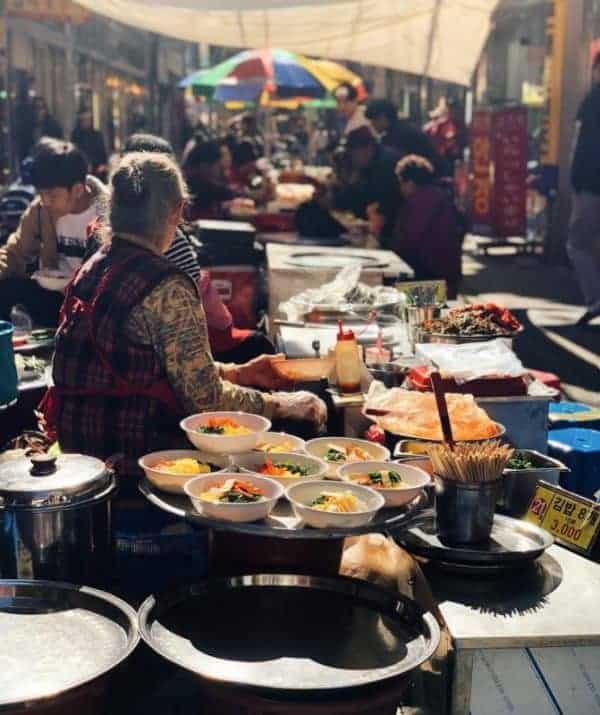
Eating healthy and maintaining a balanced diet is something that often needs to be done as part of a conscious effort anyway. However, in Korea, it becomes even more challenging.
Everything you eat in Korea is incredibly sweet, even things that have no business containing high sugar content like sliced bread!
It’s not so easy to find salads or western vegetables at restaurants. Sometimes, no matter how much of your side salad kimchi you wolf down, it just doesn’t seem to cut it.
Fruit is very expensive in Korea
Fruit and vegetables in Korea are neither widely available nor affordable. You may complain about the cost of fruit and vegetables rising in your own country (especially if things are imported).
In Korea, by comparison, a 2kg box of strawberries will cost you between 37,000 won to 38,000 won. (aka £24-£25 or $29-$30).
Korea places heavy taxes on imports and fruit and veg become pricey. Eating fresh fruit becomes a luxury and you may find that your side orders of kimchi or little pots of dole pineapples are about the only fruits/veggies you see in your diet!
FAQs About Problems and Negatives of Living in South Korea
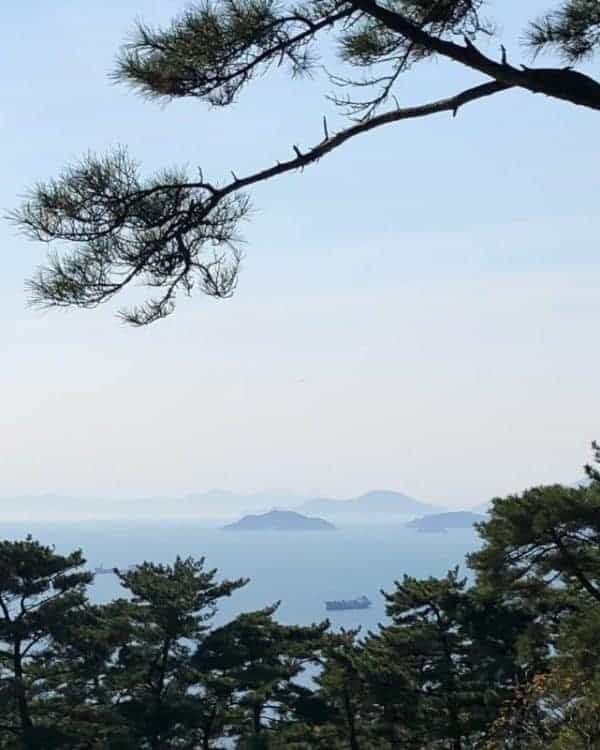
Are you considering a move to South Korea? Or will you be embarking on a Korea travel itinerary, and you want to gain an understanding of the pros and cons of the country?
The answers to some frequently asked questions on the topic are detailed below. Hopefully, you will find the information you are looking for there.
If not, feel free to reach out!
What is dislike in Korean culture?
싫어해요 (sireohaeyo) means “dislike” in Korean.
What are the negatives of South Korea?
There are pros and cons to living in any part of the world, and there are negatives in South Korea, just as there are in other countries. If you are going to be living/working in South Korea, you may find the intensive attitudes towards work and education here to be quite a shock.
Korean work and study hours are among the longest in the world. Beauty standards and the fact that people will have no problem with commenting on your physical appearance can be unpleasant if you have low self-confidence or self-esteem.
Finally, as a largely homogeneous country, xenophobia and racism are definitely large issues in Korean culture today.
What are the major problems in Seoul?
Overpopulation and urbanisation are major issues in Seoul today. The Seoul capital area is home to more than 48% of the Korean population.
People live in small, cramped apartment buildings in the city centre, and the cost of living is constantly increasing.
Final thoughts on the things I don’t like about living in Korea
I don’t believe what I felt about life in Korea was purely culture shock. Rather, the fact that I didn’t personally identify with several aspects of the country’s culture.
It’s okay to say “that’s the way it is here”. However, my feelings towards these points are what led me to ultimately decide that this wasn’t the country for me in the long term.
After two years of living in Korea, I went to teach English in Italy. I now live in Athens, Greece.
This article isn’t to criticize Korea, or to deem these aspects of their culture as being “the wrong way”. It is just to provide some perspective.
Have any questions about living/working in Korea or Korea travel in general? Feel free to reach out to me!
You may also like these South Korea travel tips, this article thatdiscusses why Korea is perfect for women travellers, and this post on day trips to take from Seoul.
Annyeonghaseyo!


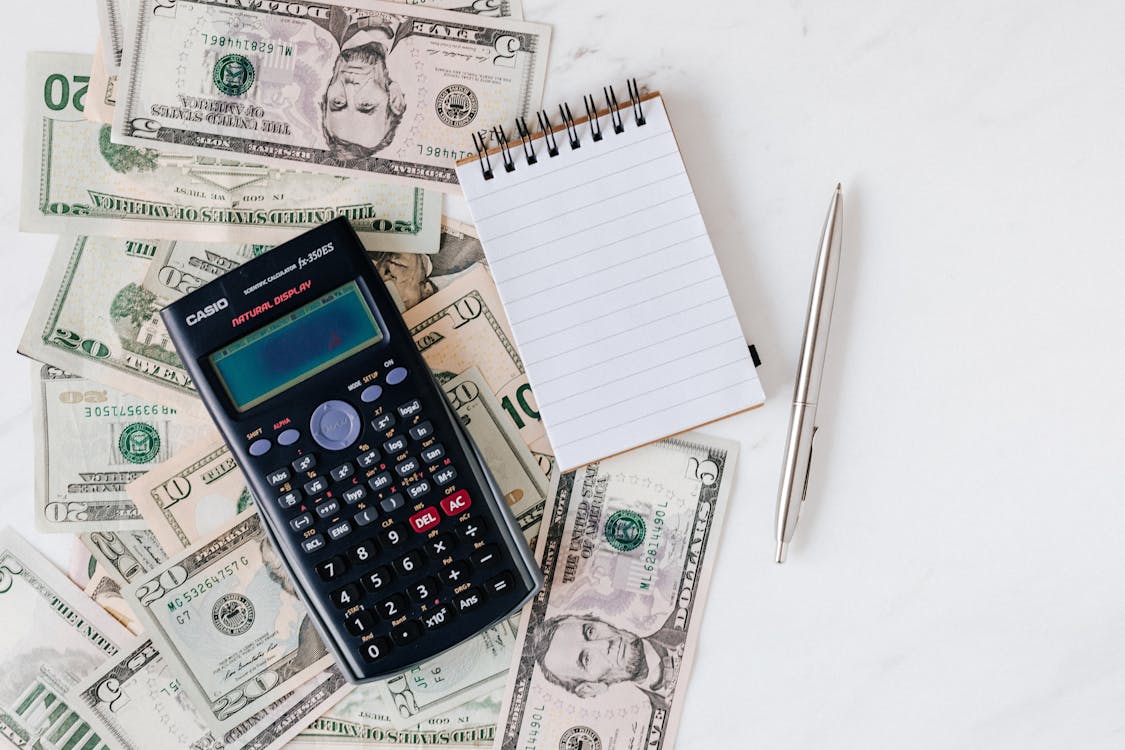
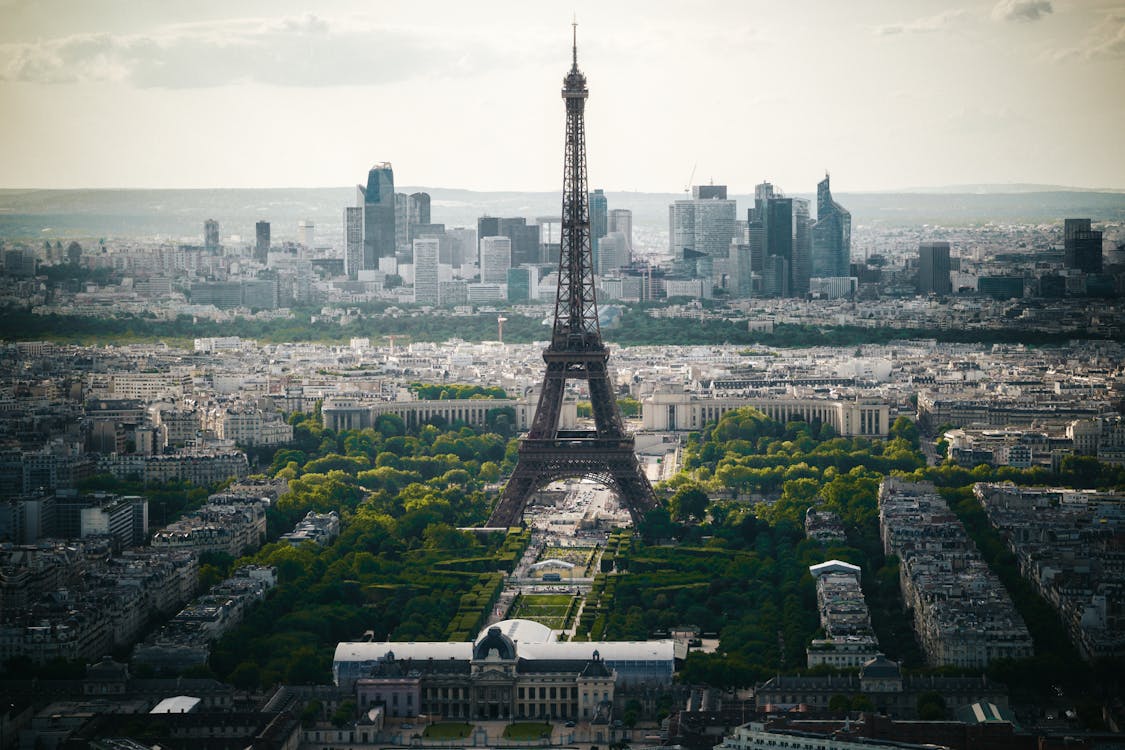
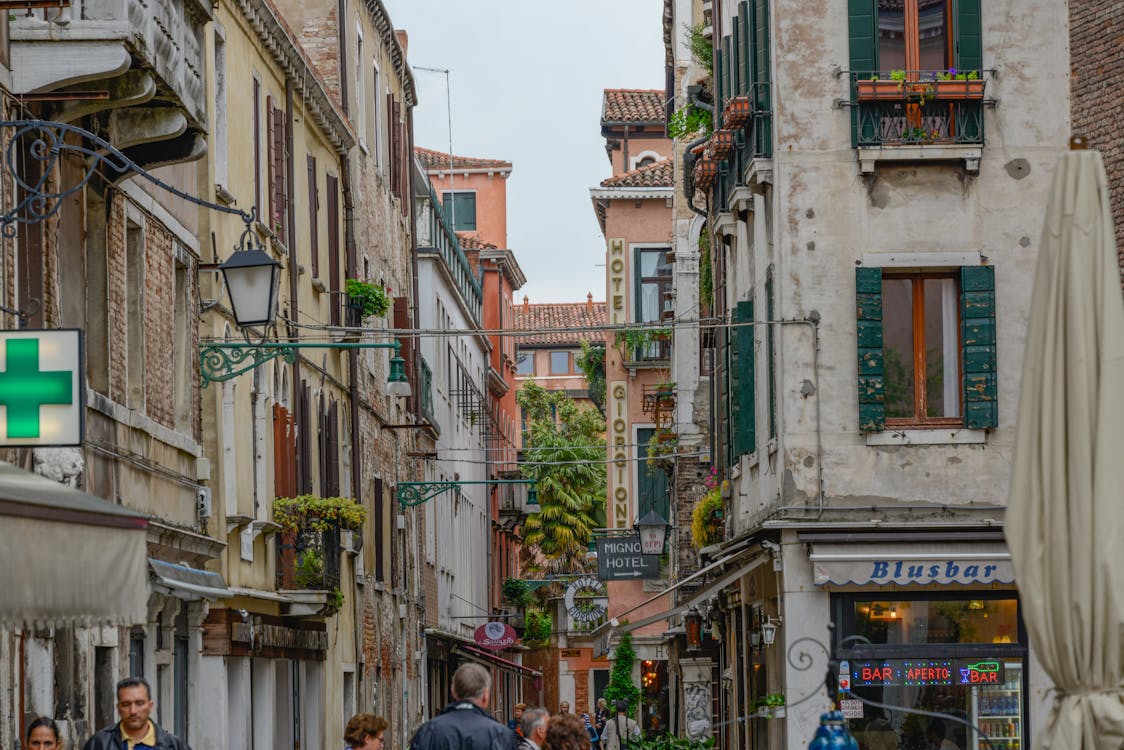

4 Responses
Must say I love your blog and find these posts incredibly insightful, thank you.
Thank you Ed, I’m glad you found the post useful 🙂
Hi Melissa.
Your article sounds almost exactly verbatim to many other articles online. Like there is a group trying to do a press release. Some of the things you did not like was based on internet articles found online. Like for example how did you actually know who had plastic surgery? What was your personal experience with plastic surgery. Do you have similar problems with dental brace torture or breast augmentation surgery in the west?
What a garbage comment. Considering the fact that I lived in South Korea and wrote about my own observations and experiences living in the country and the things that I didn’t personally like or identify with, NO it is not the case that I found the information online, or there is some kind of “press release” or other conspiracies. I mean, seriously?
Have you travelled extensively through South Korea or lived there like I have? Have you seen the emphasis on physical appearances? You’re welcome to your own opinion, but as I am in writing this opinion piece. I’m not interested in a pointless back and forth with an internet troll. If I don’t like someone’s post or opinion, I personally just move on, rather than write such a condescending comment about western breast augmentation. Get better hobbies “Richard”.